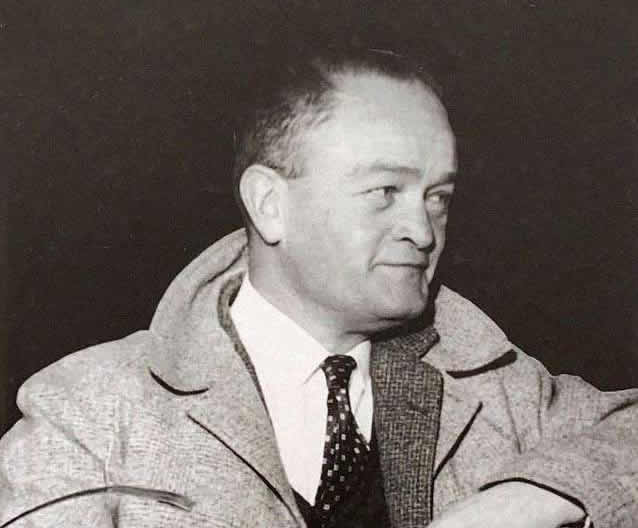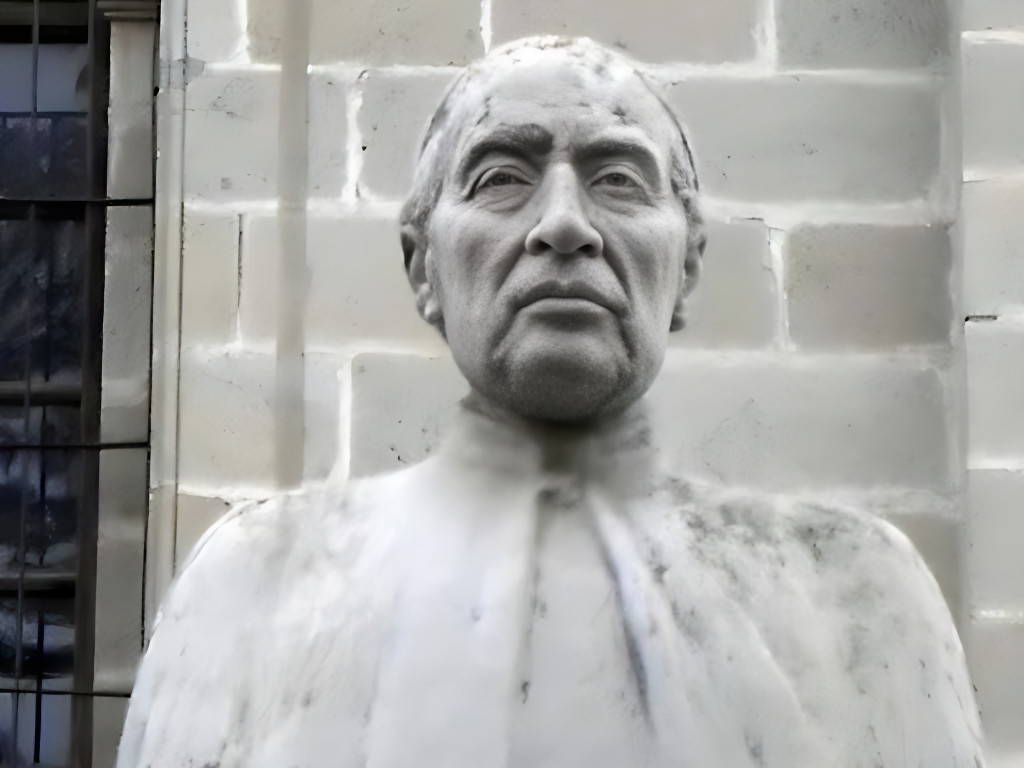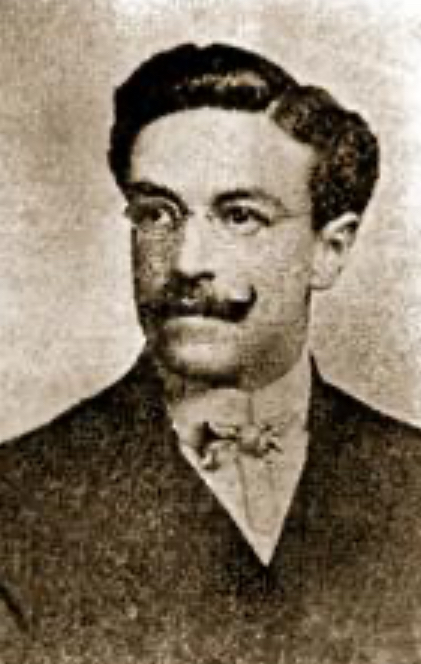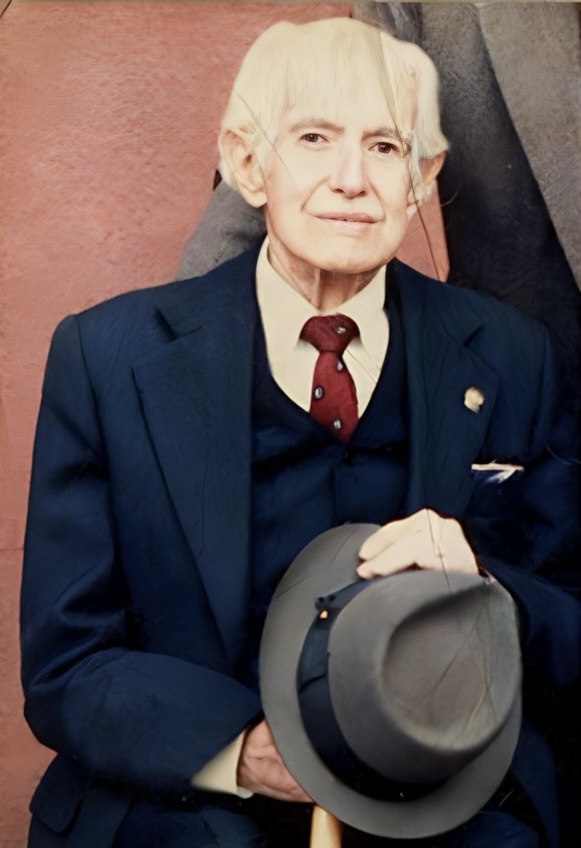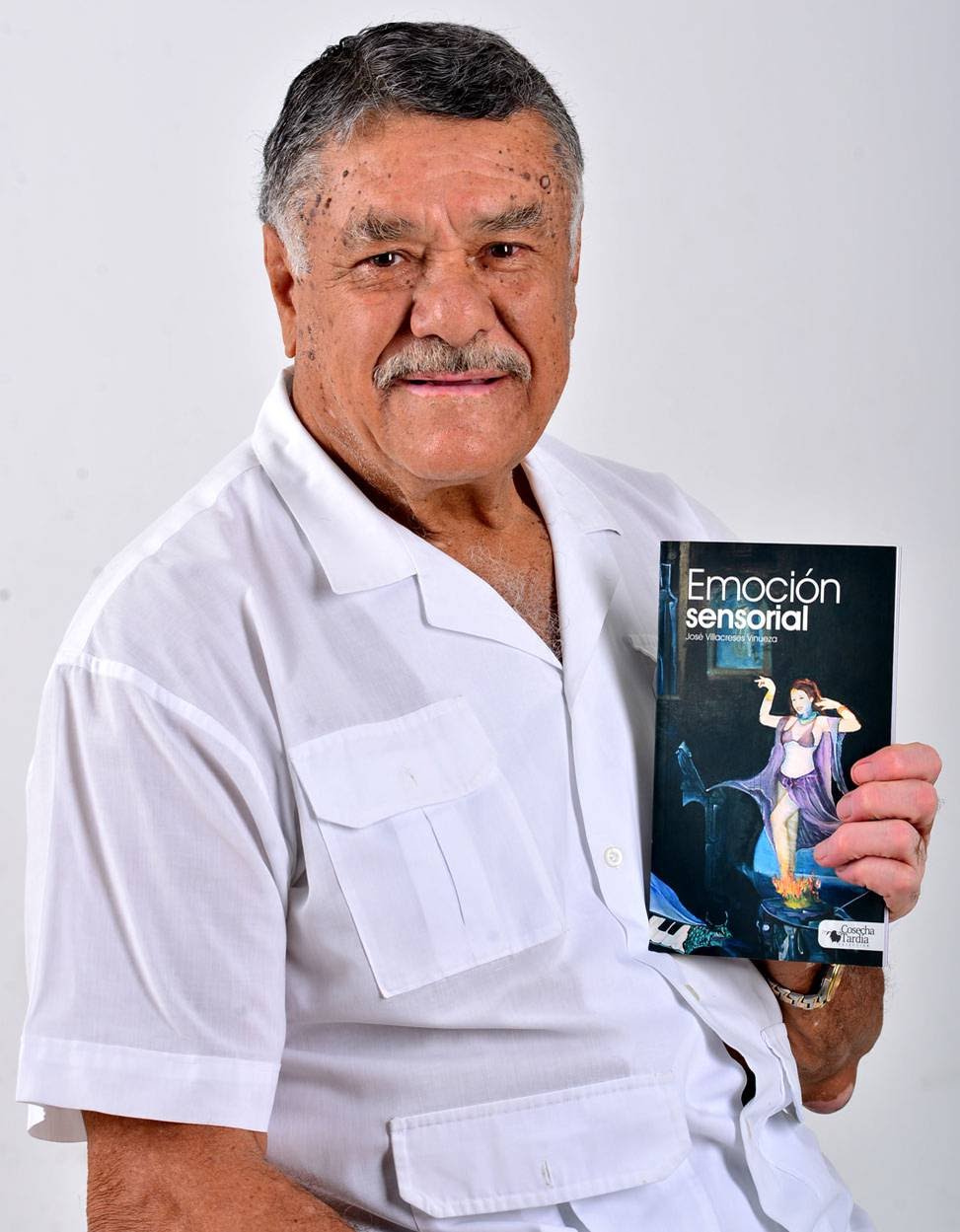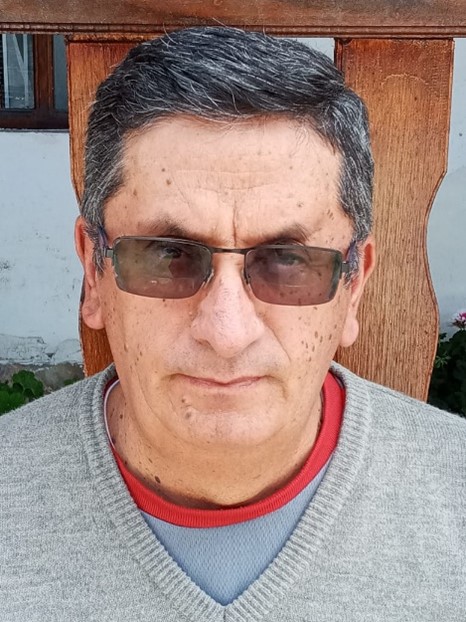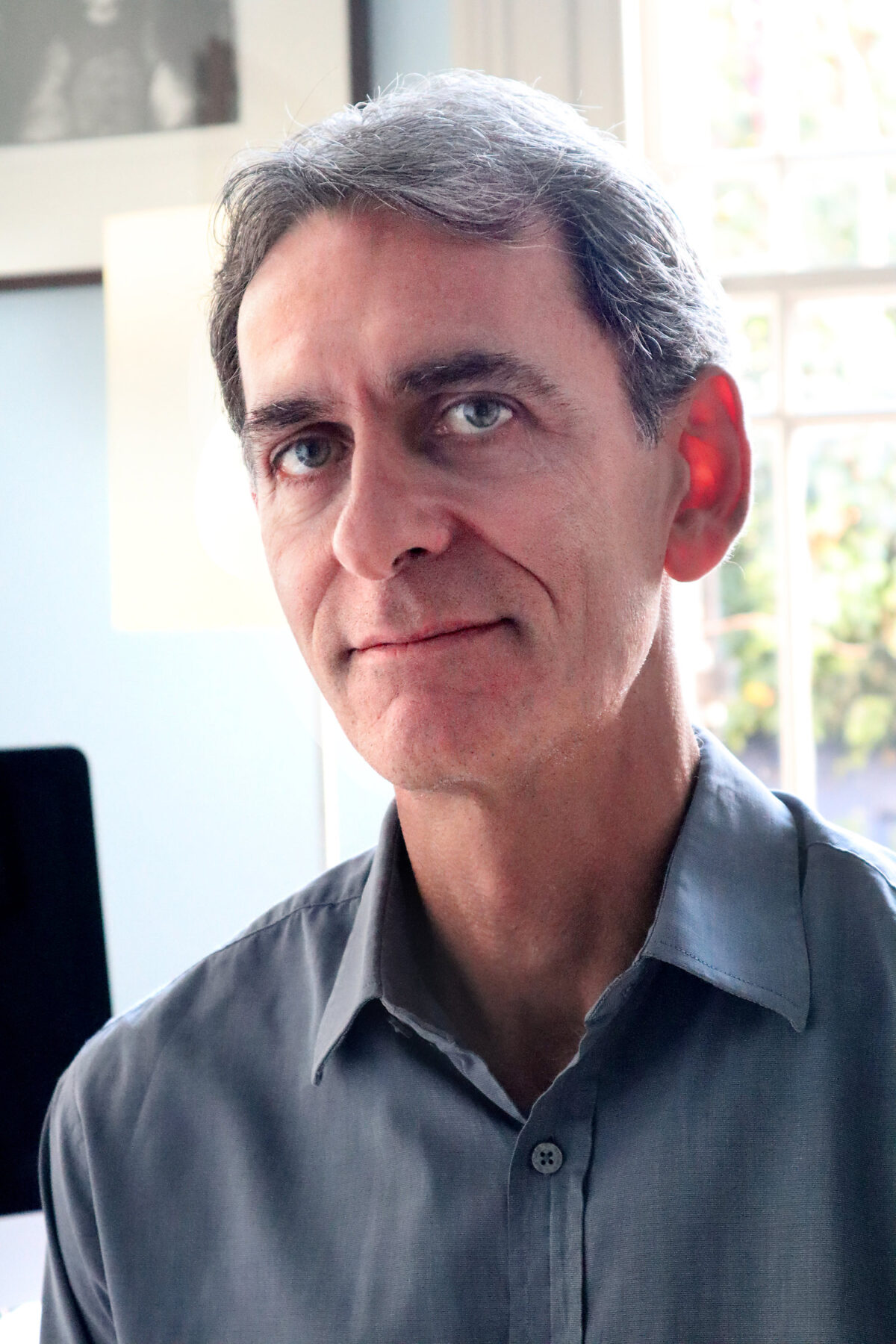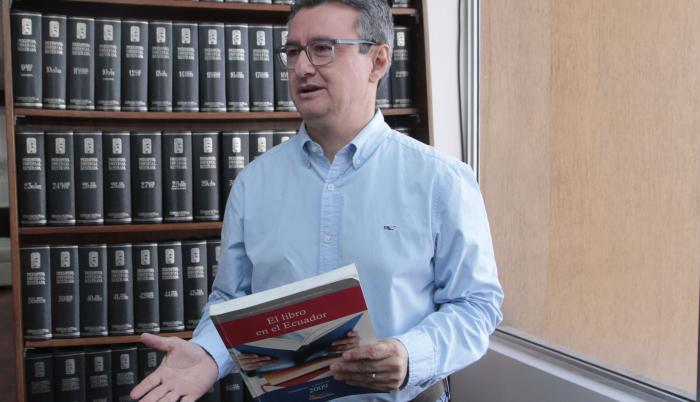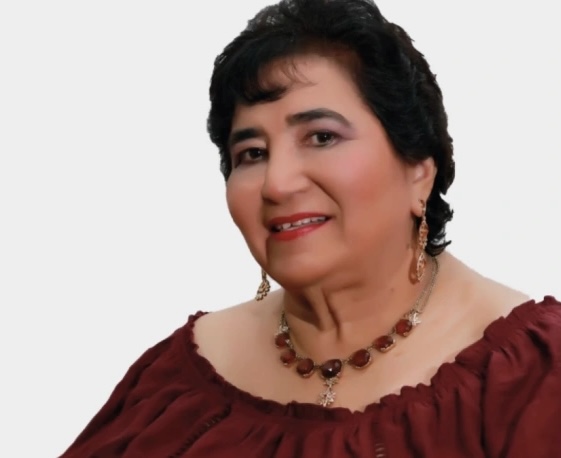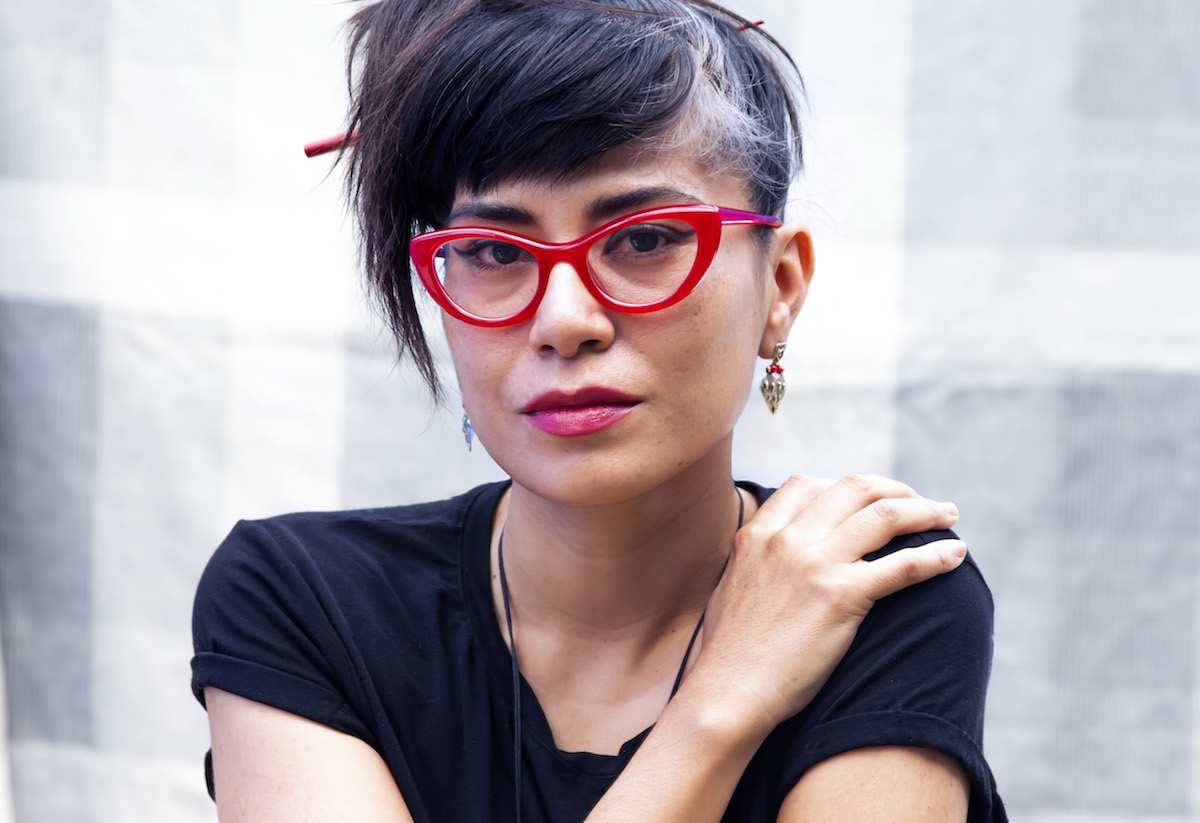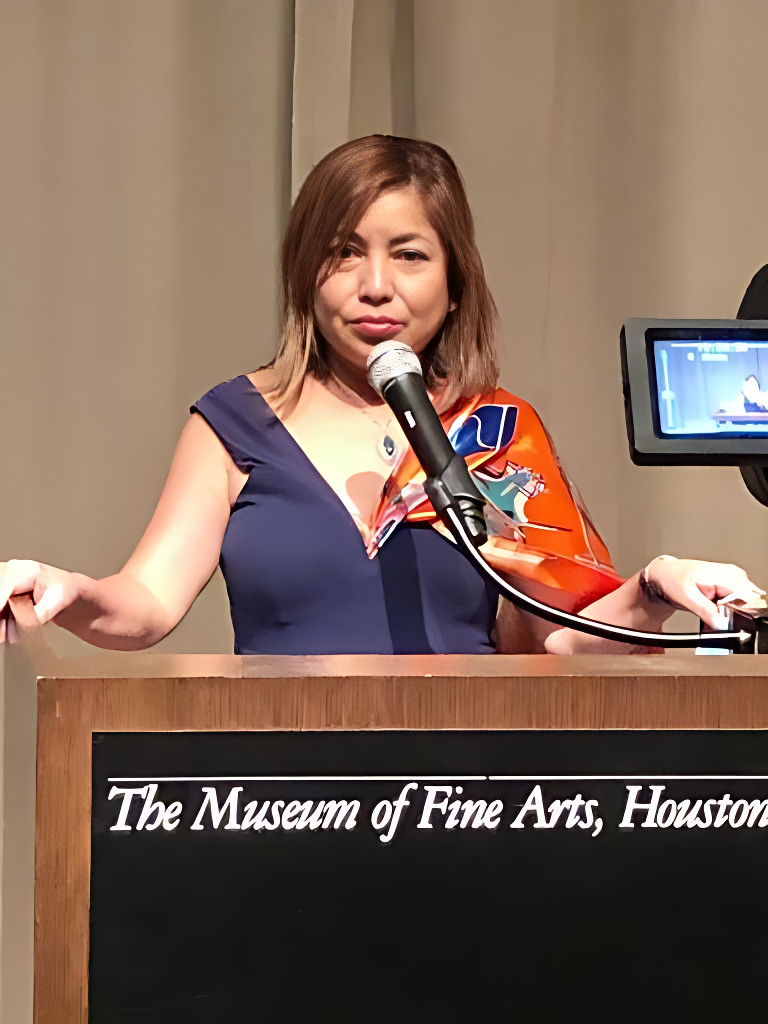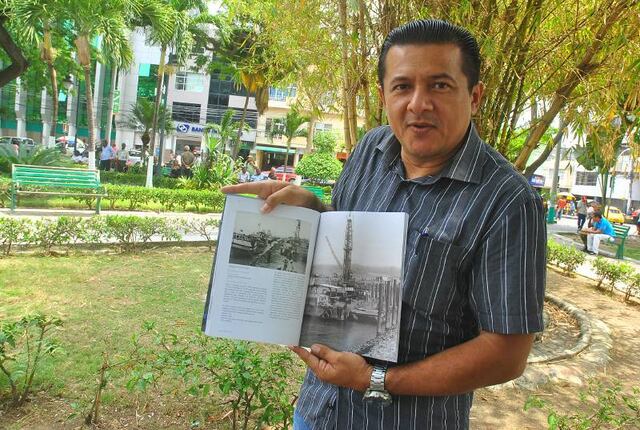Gustavo Vallejo Larrea (Riobamba, 1905 – Quito, 1961), a journalist, poet, legislator, and advocate for education, founded the “Campaña Nacional de Alfabetización” (National Literacy Campaign) in 1948. As president of the National Union of Journalists (UNP), he led this movement, significantly reducing illiteracy rates across Ecuador for 17 years. His dedication, fueled by the belief in education’s pivotal role in national development, propelled the campaign to isolated areas, urban suburbs, and even prisons. Additionally, Vallejo played a significant role in shaping the 1945 Ecuadorian Constitution, contributing to its clarity and the articulation of progressive principles. Vallejo’s legacy continues, with a school in Quito named in his honor and a bust in Riobamba.
Continue reading “Gustavo Vallejo Larrea”Author: richard
Juan Félix Proaño Castillo
Dr. Juan Félix Proaño Castillo (Riobamba, July 20, 1850 – Quito, July 30, 1938) was an Ecuadorian priest, theologian, writer, educator, and political figure, whose extensive contributions spanned the late 19th and early 20th centuries, significantly shaping Ecuador’s cultural and religious landscape. Celebrated for founding “El Templo del Sagrado Corazón de Jesús” in 1892, a newspaper that integrated religious teachings with cultural and literary discourse, Proaño stood firm against the liberal reforms of his era. This conviction led to his exile, during which he persisted in his scholarly and pastoral work. His historical drama “Quisquís” is particularly notable for its portrayal of Incaic civilization, underscoring his commitment to chronicling and preserving Ecuador’s rich historical and cultural heritage.
Continue reading “Juan Félix Proaño Castillo”Carlos Arturo León Romero
Carlos Arturo León Romero (June 25, 1886, Riobamba – December 19, 1968, Quito) was an Ecuadorian lyricist, poet, playwright, and distinguished lawyer. Born into a family with a rich legal heritage, he carved a niche for himself not just in the courts but also on the cultural stage of Ecuador. His works spanned across various genres including drama, poetry, and novels, showcasing his versatility and deep engagement with the socio-political themes of his time. León Romero’s contribution to Ecuadorian literature and theater is profound, with plays such as “Reparación,” “El Recluta,” and “La Huérfana” earning critical acclaim and popular success. His establishment of the Teatro Daniel León further cemented his legacy as a patron of the arts, providing a platform for the performing arts in Ecuador.
Continue reading “Carlos Arturo León Romero”Ambrosio Larrea
Ambrosio Larrea, also known as Father Ambrosio Nicolás Larrea y León (born in Riobamba, Ecuador, on December 7, 1742, and died in Faenza, Italy, on September 19, 1796), was a Jesuit priest, poet, and intellectual whose influence extends beyond religious realms into literature and progressive thought. Celebrated for his poetry, Larrea found his voice during his exile and was recognized after his death for his contributions to the neoclassical and Parnassian movements. His work, mainly created while displaced, showcases a deep engagement with Enlightenment ideals and a strong sense of American identity. His poetic oeuvre includes poignant tributes, such as those dedicated to the sepulcher of Clavijero, reflecting his keen insight and stylistic elegance. Though his body of work is not extensive, Larrea’s writings are cherished for their expressive depth and refinement.
Continue reading “Ambrosio Larrea”Dry Leaves by Honorato Vázquez Ochoa
Translated to English by Richard Gabela on April 2, 2024, from the original work “Hojas secas” by Honorato Vázquez Ochoa (1855-1933) of Cuenca, Ecuador. I have translated the title of the poem as “Dry Leaves.”
Continue reading “Dry Leaves by Honorato Vázquez Ochoa”Ángel Leónidas Araújo Chiriboga
Ángel Leónidas Araújo Chiriboga (Riobamba, October 21, 1900 – Quito, February 15, 1993) was a figure of remarkable versatility and profound influence within Ecuador’s cultural landscape. His diverse career spanned composition, poetry, public service as a tax inspector for the Ministry of Finance, hotel management, and a notable tenure as editor-in-chief of the Estampa de Bogotá magazine, but it was his indelible contributions to the pasillo genre that cemented his legacy. This article explores the life and works of this distinguished Ecuadorian artist, whose talents bridged the realms of music and literature, leaving an enduring mark on his nation’s cultural heritage.
Continue reading “Ángel Leónidas Araújo Chiriboga”José Villacreses Vinueza
José Villacreses Vinueza (Riobamba, Ecuador, 1940) is an Ecuadorian author, poet, chemical engineer, and former athlete, renowned for his contributions to literature, science, and sports. Over the years, he has authored several notable books, including “Nervios de Guitarra” (2010), “Manantial de Ensueños” (2014), “Emoción Sensorial” (2016), and “Mi Vida Entre Poemas” (2019), each reflecting his deep emotional and sensorial engagement with the world. Villacreses’s multifaceted career spans across academia, sports, and literary realms.
Continue reading “José Villacreses Vinueza”Vicente Robalino
Dr. Vicente Robalino (Ibarra, 1960) is an Ecuadorian poet, essayist, and educator known for his extensive work in literature and academia. With advanced degrees from UNAM and PUCE, he has authored several books of poetry and essays, contributing significantly to Ecuador’s literary scene. As a professor at PUCE and a guest lecturer at Universidad Andina Simón Bolívar, Robalino has played a crucial role in shaping the appreciation and understanding of Latin American literature among students and peers.
Continue reading “Vicente Robalino”Carlos Altamirano Sánchez
Carlos Altamirano Sánchez (Guayaquil, November 15, 1926) is an Ecuadorian poet and journalist, recognized for addressing social issues through his works, including “Hijo Imperfecto” and “Lamento de un Soñador.” His contributions have earned him accolades such as the Gold Medal in the Borja Lavayen Poetry Contest and a significant role in founding the Union of Ecuadorian Journalists, highlighting his impact on Ecuador’s cultural and literary spheres.
Continue reading “Carlos Altamirano Sánchez”Mark Honigsbaum
Mark Honigsbaum (London, 1960) is an esteemed journalist and historian, renowned for his exploration into the historical and contemporary implications of infectious diseases. His connection to Ecuadorian literature comes through his riveting book, “Valverde’s Gold: In Search of the Last Great Inca Treasure” (2004), a work that delves into the heart of Ecuador’s Llanganati National Park in search of the last great hoard of Inca gold. This book not only captures the imagination with its tale of adventure and pursuit but also firmly anchors Honigsbaum’s contribution to literature related to Ecuador.
Continue reading “Mark Honigsbaum”Fabián Luzuriaga
Fabián Luzuriaga, an economics graduate with a master’s in Business Administration, has been a transformative leader in Ecuador’s publishing sector since 1999. Leading key projects and entities like the Fondo de Cultura Económica Ecuador and USFQ Press, and serving multiple terms as the president of the Ecuadorian Chamber of Books, Luzuriaga has focused on digital innovation, intellectual property rights, and engaging the community with literature. His efforts are pivotal in modernizing the publishing industry and promoting Ecuadorian literature’s growth and reach.
Continue reading “Fabián Luzuriaga”Lady Párraga
Lady Párraga (Manabí), is an Ecuadorian poet and committed educator, acclaimed for her profound exploration of themes such as memory, loss, and the intricate dynamics of human emotion. Her significant contributions to literature are reflected in her compelling works, including “El vuelo de mi alma” (2005), “Flor de lis” (2012), “Cristales de esperanza” (2017), and her latest reflective collection, “Somos infinitos” (2023). Párraga’s insightful and evocative verses have secured her a prominent place in various national and international publications and anthologies, marking her as an influential and esteemed figure in Ecuador’s rich literary tradition.
Continue reading “Lady Párraga”Gabriela Calvache
Gabriela Calvache (Ambato, 1977) is an Ecuadorean screenwriter and director, celebrated for her compelling narratives in films like “La Mala Noche”. Her work, rich in social commentary, has garnered international recognition, earning her prestigious awards, as well as nominations to the Oscars and Goya Awards in 2020. Gabriela’s unique storytelling continues to resonate globally, marking her as a significant figure in contemporary cinema.
Continue reading “Gabriela Calvache”Elizabeth Quila
Elizabeth Quila (Guayaquil, September 19, 1964) is an Ecuadorian writer based in Houston, Texas, renowned for her remarkable contributions to literature and the arts. Quila’s work spans various domains including literature, psychology, and cultural management. Her diverse achievements reflect her commitment to promoting Ibero-American literature globally and utilizing art as a medium for psychological healing and social engagement. Her novel, “El cadáver que envejece dentro de su tumba” (The Corpse That Ages Inside Its Grave) won 3rd place in the Latino Book Awards of 2020.
Continue reading “Elizabeth Quila”José Páez Gracia
José Patricio Páez Gracia, an Ecuadorian author and historian, has emerged as a pivotal figure in documenting the rich history of Esmeraldas, a province in Ecuador. His book, “Esmeraldas del ayer,” published by the Ministry of Culture and Heritage and the National Institute of Cultural Heritage in 2019, spans 141 pages and is enriched with around 130 photographs. Páez’s work provides an insightful look into the region’s past, highlighting key historical events and figures such as Luis Vargas Torres and Eloy Alfaro. His dedication to this project, rooted in his family’s legacy of educators, showcases his commitment to preserving and promoting the cultural heritage of Esmeraldas for future generations.
Continue reading “José Páez Gracia”
